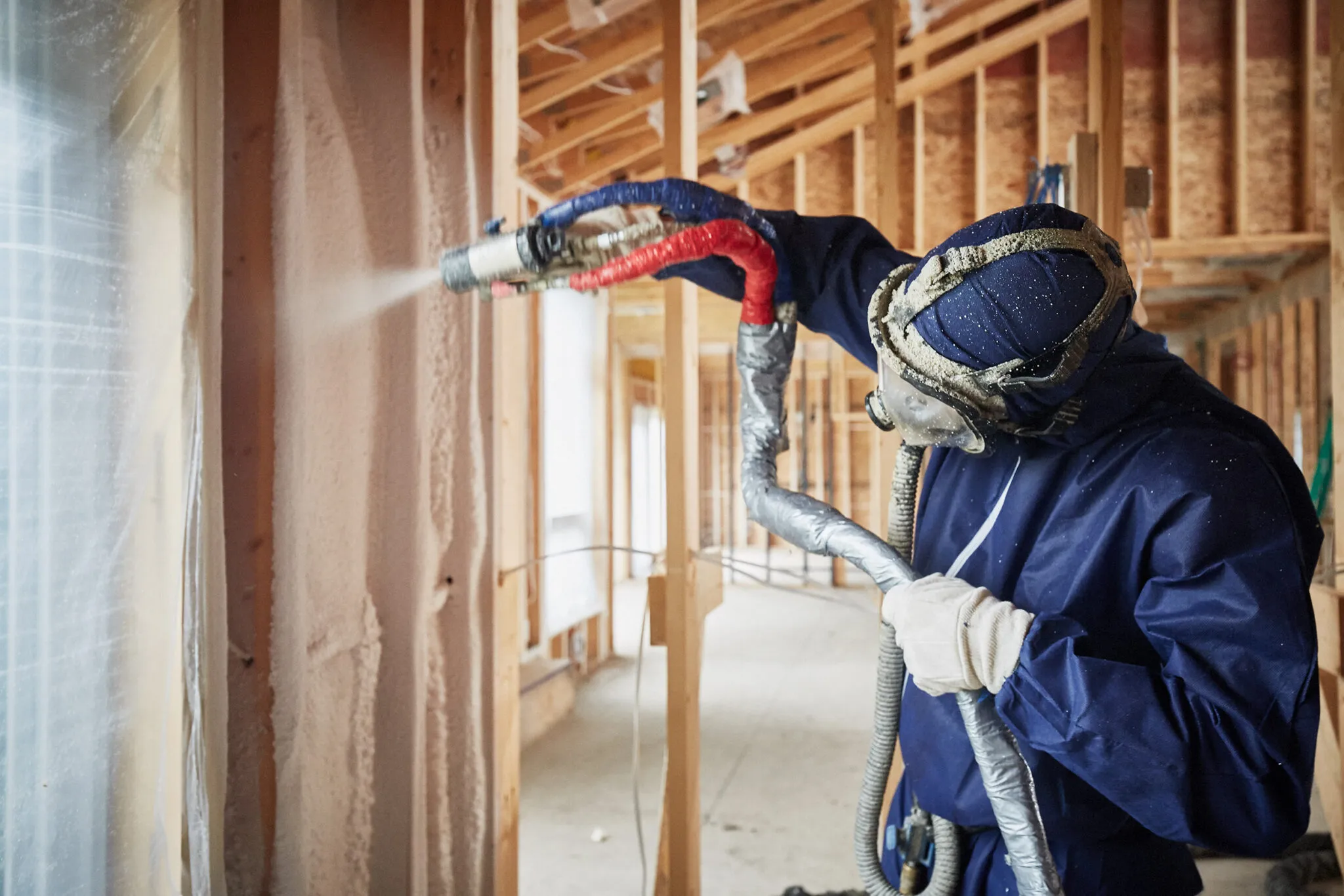
If you’re a homeowner or business owner in Nashville, you know how unpredictable the weather can be. Hot, humid summers and cold winters mean you need an insulation solution that keeps your indoor space comfortable and energy-efficient all year long.
Lately, spray foam insulation has been getting more attention—and for good reason. But is it the right fit for your property? Let’s take a closer look at how spray foam works, its pros and cons, and why it’s becoming a top choice in the Nashville area.
Nashville’s climate shifts dramatically from season to season. That makes insulation a big deal—because the better your home holds in warm or cool air, the less your HVAC system has to work. That means lower energy bills and a more comfortable living space.
Poor insulation can lead to temperature swings indoors, moisture buildup, and even higher noise levels. For these reasons, property owners in Nashville are increasingly looking for options that offer strong performance in every season.
Our recent Press Release showcased how Armored Insulation continues to raise industry standards in spray foam insulation, delivering superior energy efficiency and indoor comfort for homeowners.
Spray foam starts as a liquid and expands into a thick foam, sealing up gaps and cracks as it hardens. This creates a tight barrier against both air and moisture—something traditional insulation just can’t match.
There are two types of spray foam you’ll often hear about:
Spray foam has a high R-value, which means it’s really effective at slowing down heat transfer. Whether you’re cranking the AC in July or running the furnace in January, it helps your system run more efficiently.
Thanks to its expanding nature, spray foam fills every nook and cranny—something traditional batts and loose-fill insulation can’t do. That helps keep unwanted air out and conditioned air in.
With high humidity being a regular part of life in Middle Tennessee, moisture issues are a real concern. Closed-cell foam can act as a vapor barrier, helping to prevent mold, mildew, and rot.
If you’re near a busy road or live in a noisy neighborhood, open-cell spray foam can help dampen outside sounds and create a more peaceful space.
Energy efficiency is a big selling point these days. If you’re planning to sell or rent your property down the road, quality insulation like spray foam can be a strong selling feature.
Like any building material, spray foam isn’t perfect for every situation. Here are a few things to consider:
Let’s quickly compare spray foam with a few other common options used in Nashville:
The right insulation depends on your goals, the layout of your home, and your budget. Here’s what you might consider:
If you’re thinking about upgrading your insulation, it helps to have a knowledgeable team on your side. At Armored Insulation, we specialize in helping Nashville-area property owners get the right solution for their home or building—without the sales pressure.
Here’s what we offer:
We proudly serve Nashville, McCracken County, and nearby areas across Western Kentucky, Northwest Tennessee, Southern Illinois, and Southeast Missouri.
Let’s talk about how we can make your home or business more energy-efficient, comfortable, and quiet.
Call us today at (270) 331-4844
Email: [email protected]
We’re here to answer your questions and help you find the best insulation solution—without the stress.
When installed by professionals, spray foam is safe and highly effective for residential use.
Yes, spray foam helps reduce energy bills by creating a tight air seal, which reduces heat loss or gain.
Spray foam insulation can last for decades, often as long as the building structure itself.
Spray foam provides better air sealing and a higher R-value but is also more expensive than fiberglass.